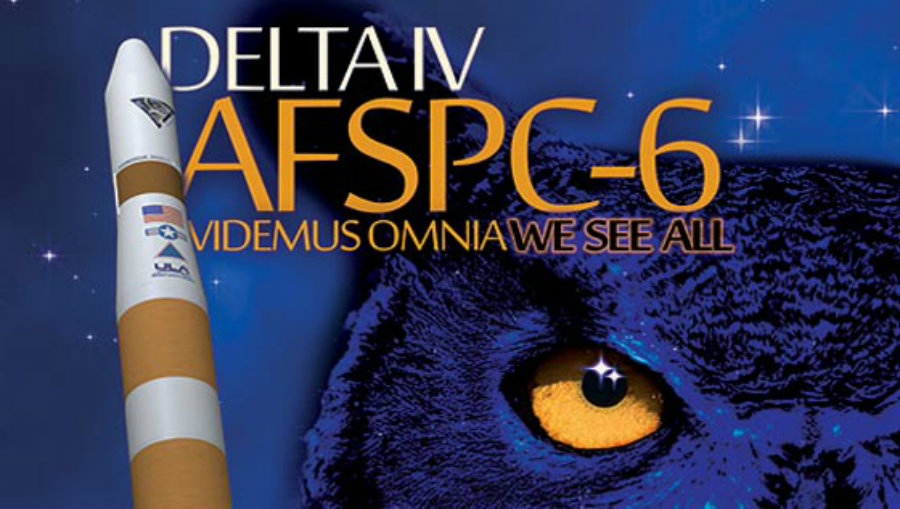United Launch Alliance (ULA) plans to launch a Delta IV medium-lift rocket as part of a U.S. Air Force Space Command (AFSPC) mission this Friday, August 19. The event would take place in Cape Canaveral, Florida.
The AFSPC-6 Mission is part of a larger program dedicated to situational awareness operations from space, gathering and collecting data that helps the American Air Force in their efforts to keep the country safe from above.
The United Launch Alliance has served as the primary contractor for Air Force tests and military launches since its foundation back in 2006.
AFSPC-6: Mission Details
The latest mission for the U.S. Air Force relies on a Delta IV Medium+ (4,2) rocket domestically developed by seasoned engineers in space transportation. Moreover, the Delta IV will carry two Geosynchronous Space Situational Awareness Program (GSSAP) satellites that will join the already in-orbit fleet of AFSPC spacecraft.
These satellites will provide the GSSAP operations real-time data of Earth’s moon ring, its orbit, and inhabiting bodies to prevent any potential threats to U.S. deployed spacecrafts and future launches. The AFSPC-6 mission will continue the expansion of an identical mission back on July 2014.
The launch will take place at the Space Launch Complex 37 (SLC37) at Cape Canaveral Air Force Station (CCAFS). As usual, a live online streaming of the launch is scheduled to air beforehand, specifically at 12:27 a.m. on Friday, August 19.
The launch itself will take the Delta IV and its two GSSAP more than 22,000 miles up to the “GEO belt” starting 20 minutes later at 12:47 a.m. EDT.
Preliminary weather projections show an 80% favorable forecast for a clear launch, which will have a liftoff window open for 65 minutes from “go” time. The official artwork for the AFSPC missions carries the motto “Videmus Omnia” (“We See All” in Latin) next to the image of an owl overseeing the Earth.
ULA v. SpaceX in the government space race
With the upcoming AFSPC-6 mission, the United Launch Alliance will sum seven launches in 2016 and 110 since its foundation ten years ago.
The Boeing-Lockheed Martin space venture has enjoyed the privilege of being the sole third-party service provider in the field of space tests and launches for the U.S. government for a decade, but not anymore.
Tesla founder Elon Musk and his SpaceX star-cruising company intend to bring some competition to the in-orbit operations market. While the California-based company still holds no military contracts, it gained its first launch contract to shoot a GPS satellite into space aboard one of its rockets in two years.
Source: ULA




